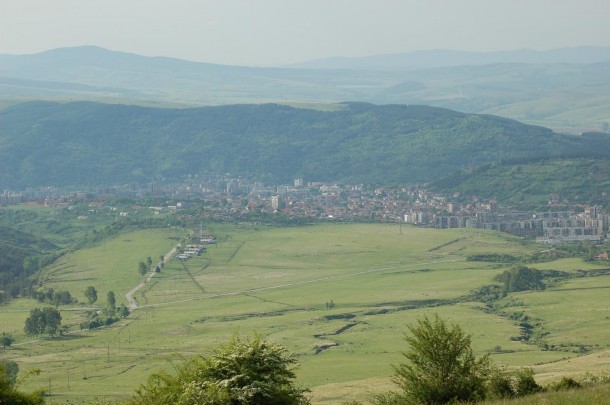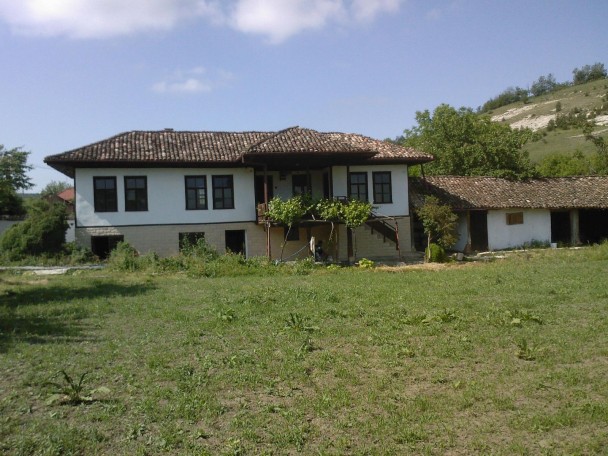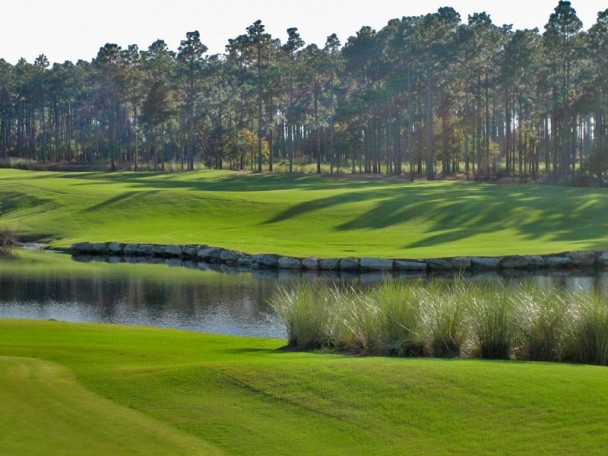Types of Bulgarian properties
- on 08.19.11
- Bulgarian properties articles
- No Comments
Old Properties in Bulgaria
When buying an old property in Bulgaria – built more than about 50 years ago:
β’ Are you having a survey? Not to do so can be an expensive mistake.
β’ Are you clear about any restoration costs to be incurred? Do you have estimates for those costs?
β’ Are there any planning problems associated with any alterations or improvements you want to make to the property?
Rural Properties in Bulgaria
Bulgarian rural properties can have a number of complications. If you are buying one-
β’ If you have any plans to change the property or to use it for other purposes, will this be permitted?
β’ Are you clear about the boundaries; is the fence put up properly as per the provisions of the local plan (skitsa)?
β’ You are probably buying for peace, quiet and the rural idyll. Are you sure that nothing is happening in the vicinity of your property that will be detrimental to that?
β’ If you intend to build on the site, be very clear about the permitted size and height, about the location and if you need planning permission.
β’ Check if there are any unsettled regulation disputes with your neighbour.
City Properties
If you are buying a city property in Bulgaria:
β’ Unless you are used to living in a city, do not underestimate the noise that will be generated nearby. If you are in a busy area (and you are likely to be) this will go on until late at night. How good is the sound insulation?
β’ Are you above a bar?
β’ Are your neighbouring properties occupied by full-time residents, or are they holiday homes? Think about security issues.
β’ If you intend to use a car, where will you park?
City properties are usually apartments; see below.
Apartments and Houses Sharing Facilities
If you are buying an apartment in Bulgaria or intend to share a house:
β’ Have you thought about a survey of the property? Will it include the common parts? This can be expensive.
β’ Make sure you understand the rules of the community.
β’ Make sure you understand charges that will be raised by the community.
β’ Make contact with its administrator. Ask about any issues affecting the community. Are there any major works approved but not yet carried out? Make sure the contract is clear about who is responsible for paying for them.
β’ Make contact with owners. Are they happy with the community and the way it is run? Remember, however, that no one is ever completely happy!
β’ Understand how the community is run. Once you are an owner, try to attend the general meetings of the community.
β’ Think about security issues and maintenance.



Leave a Reply
You must be logged in to post a comment.